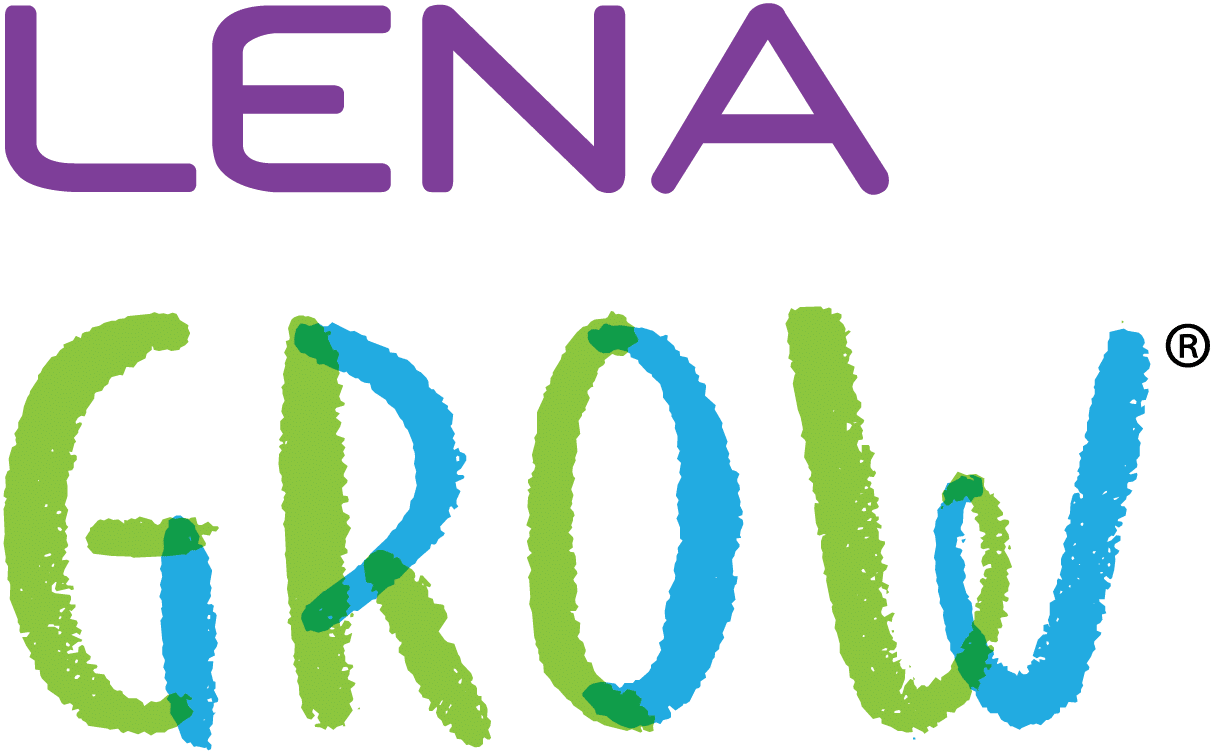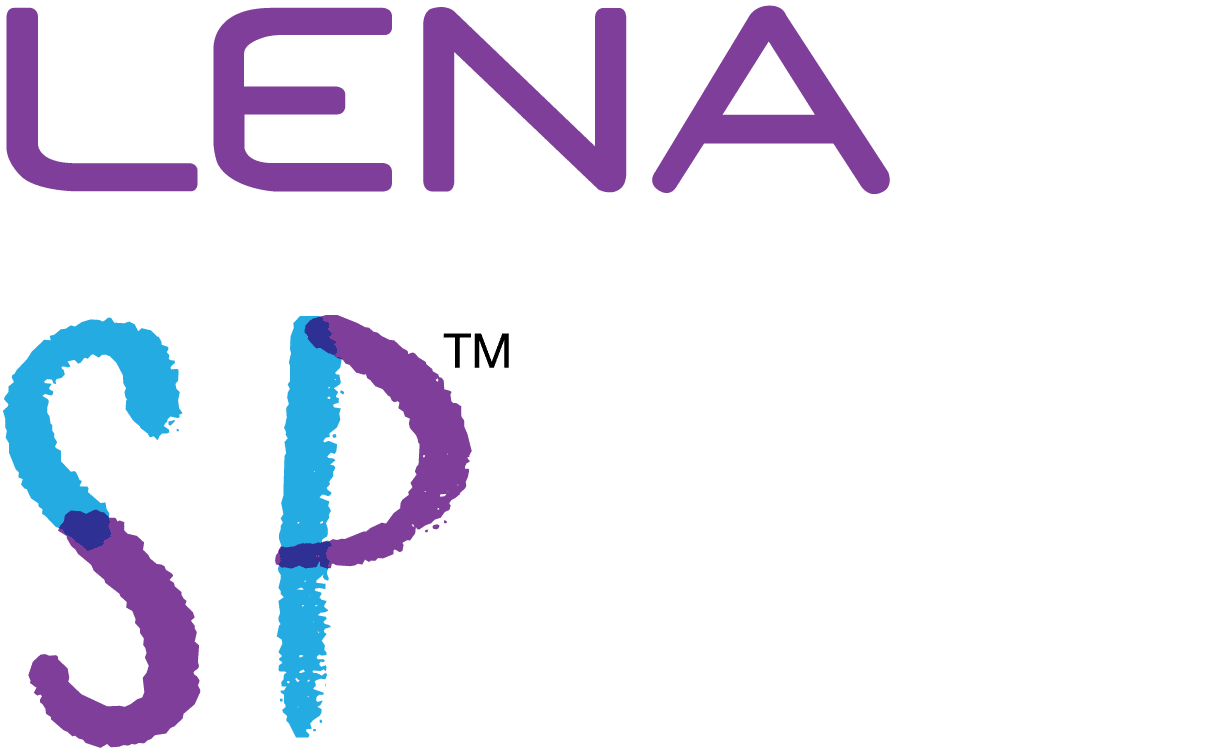Conversational Turns Build Brains
Every chat with a child creates countless connections
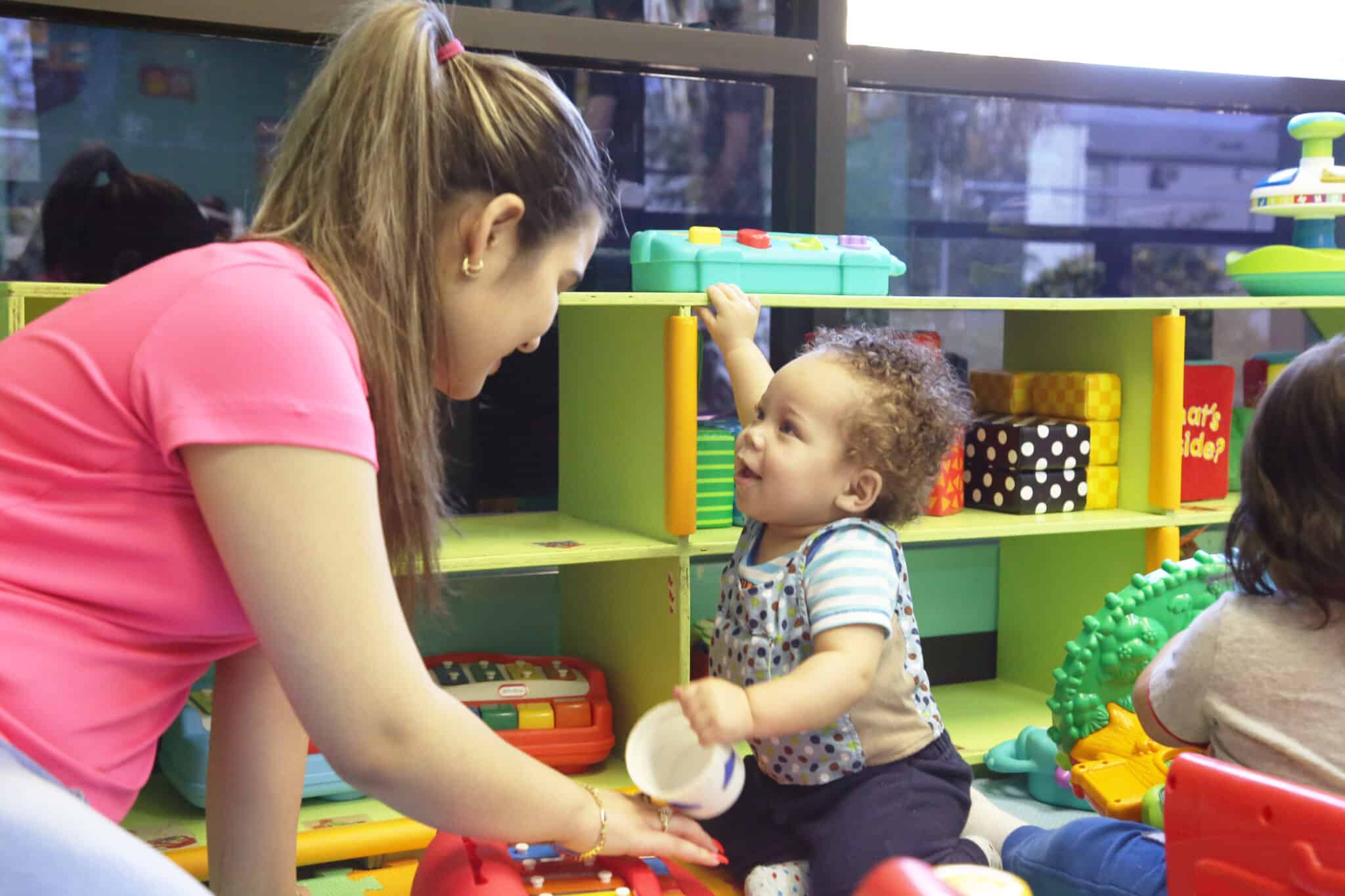
Children are hungry for connection.
From birth, children need responsive relationships to thrive. Yet, so often, children miss out on these connections in the early years.
It’s been proven that quality adult-child interactions boost language, literacy, social skills, and even IQ scores. They’re the heartbeat of early childhood development.
At LENA, we call these interactions conversational turns. And we’re working towards a world where every child experiences the life-changing power of conversational turns.
What IS a conversational turn?
A conversational turn, also called “serve and return interaction,” is a back-and-forth vocal exchange between an adult and a young child. Specifically, conversational turns involve children aged birth-to-five.
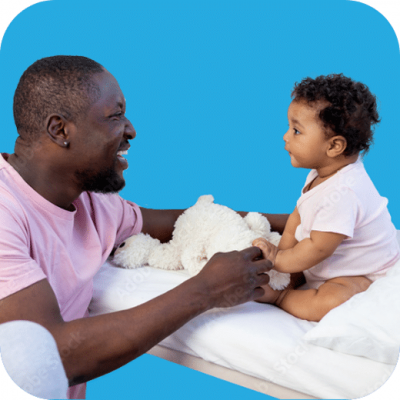
Caregiver initiates a
conversational turn:
“What’s that toy you’re playing with?”

Child responds to caregiver to complete the conversational turn:
“Buh-buh!”

Caregiver responds back to continue the back and forth exchange:
“That’s right, it’s a bear – a teddy bear!”
Why conversational turns matter ...
It’s simple, but powerful. When you have quality conversations with a child, you’re changing the course of their life. Research shows these simple interactions help with:
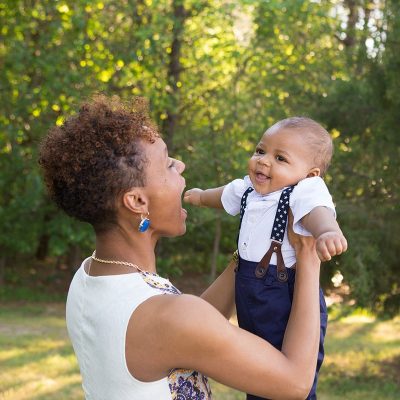

Increased activation in one area of the brain and increased connectivity between one region and another together suggest that when there’s more conversational turns the whole brain works together better.
– Dr. Rachel Romeo, MIT & Harvard Research Team

What counts in a conversational turn?

Coos & babbles from babies
Mispronounced words from toddlers
Responsive noises from preverbal children

Partial or full sentences from preschoolers
See conversational turns in action
Meet LENA
We’re building a better future for children
LENA’s early talk technology is the world’s only validated tool for measuring early language environments. At LENA, we turn the science of measuring conversational turns into action.
Our programs help child care centers, school districts, and families worldwide boost early language development — creating measurable results that transform children’s futures.
Professional Development Program
Ideal for early childhood education organizations
LENA Research
For researchers and institutions
See the latest resources ...
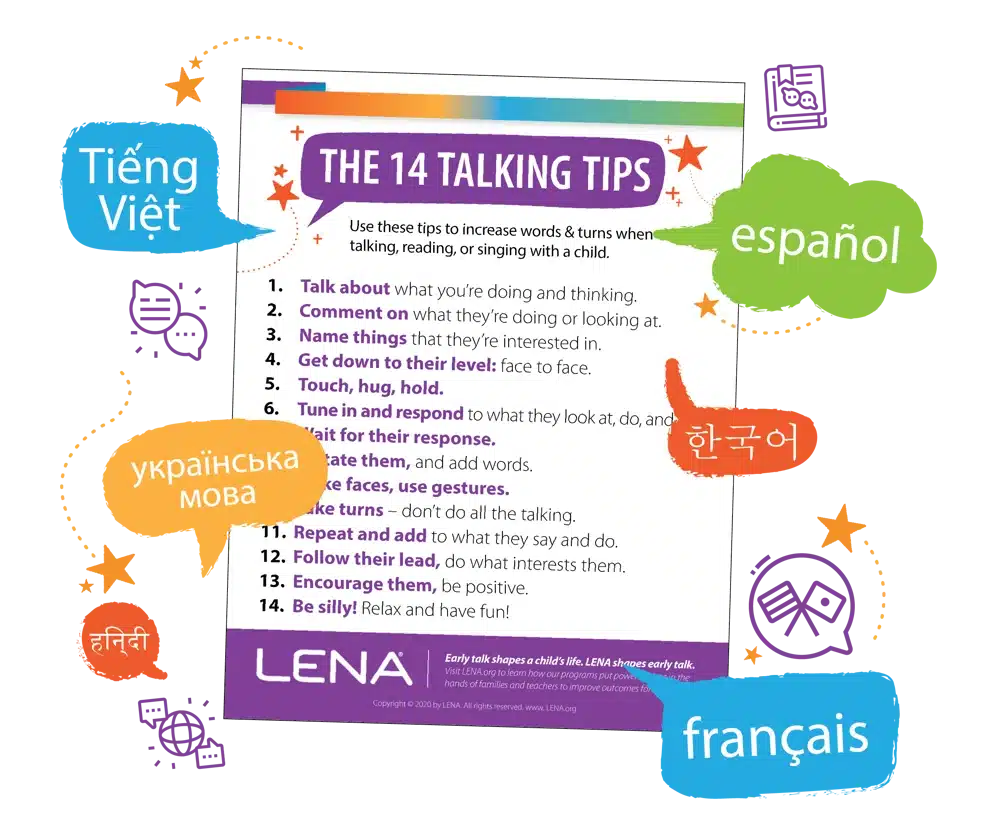
The 14 Talking Tips
The 14 Talking Tips are research-based techniques for increasing conversational turns with children aged 0-5.
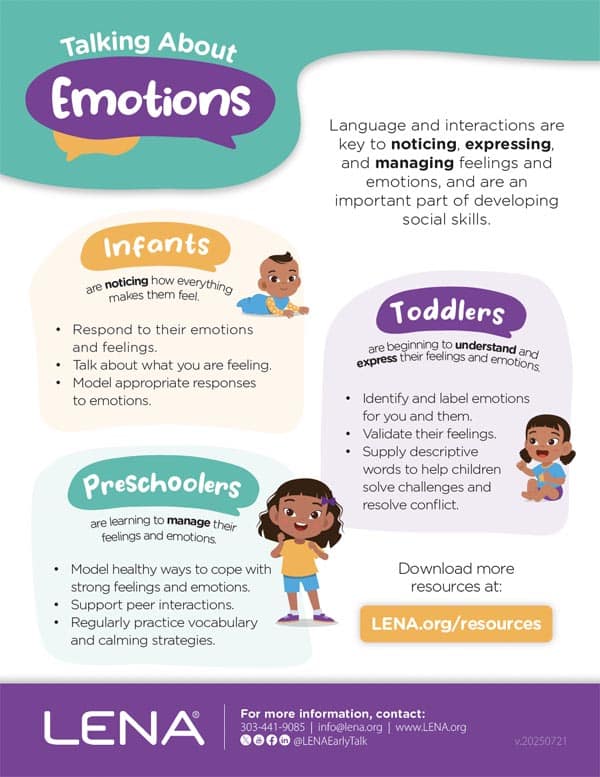
Talking About Emotions
Language and interactions are key to noticing, expressing, and managing feelings and emotions.
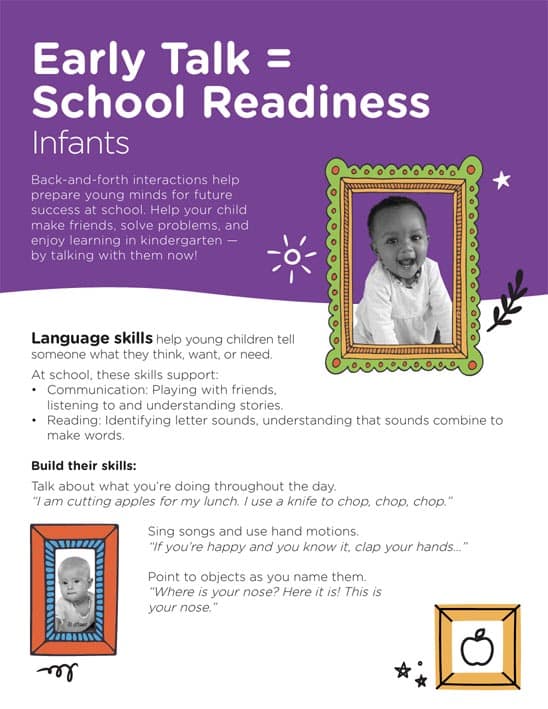
Early Talk = School Readiness
Prepare young minds for future success at school — by talking with them now!
